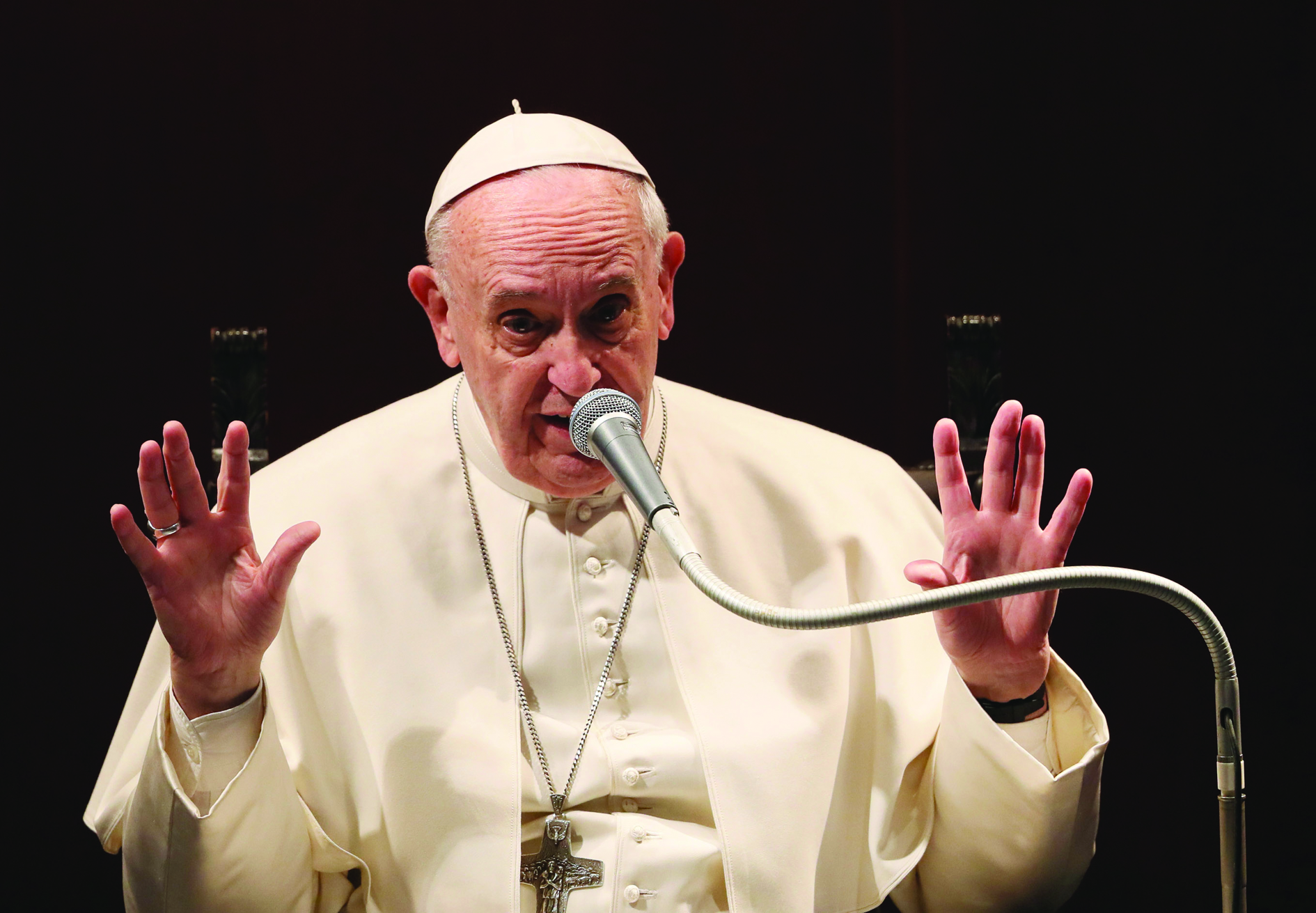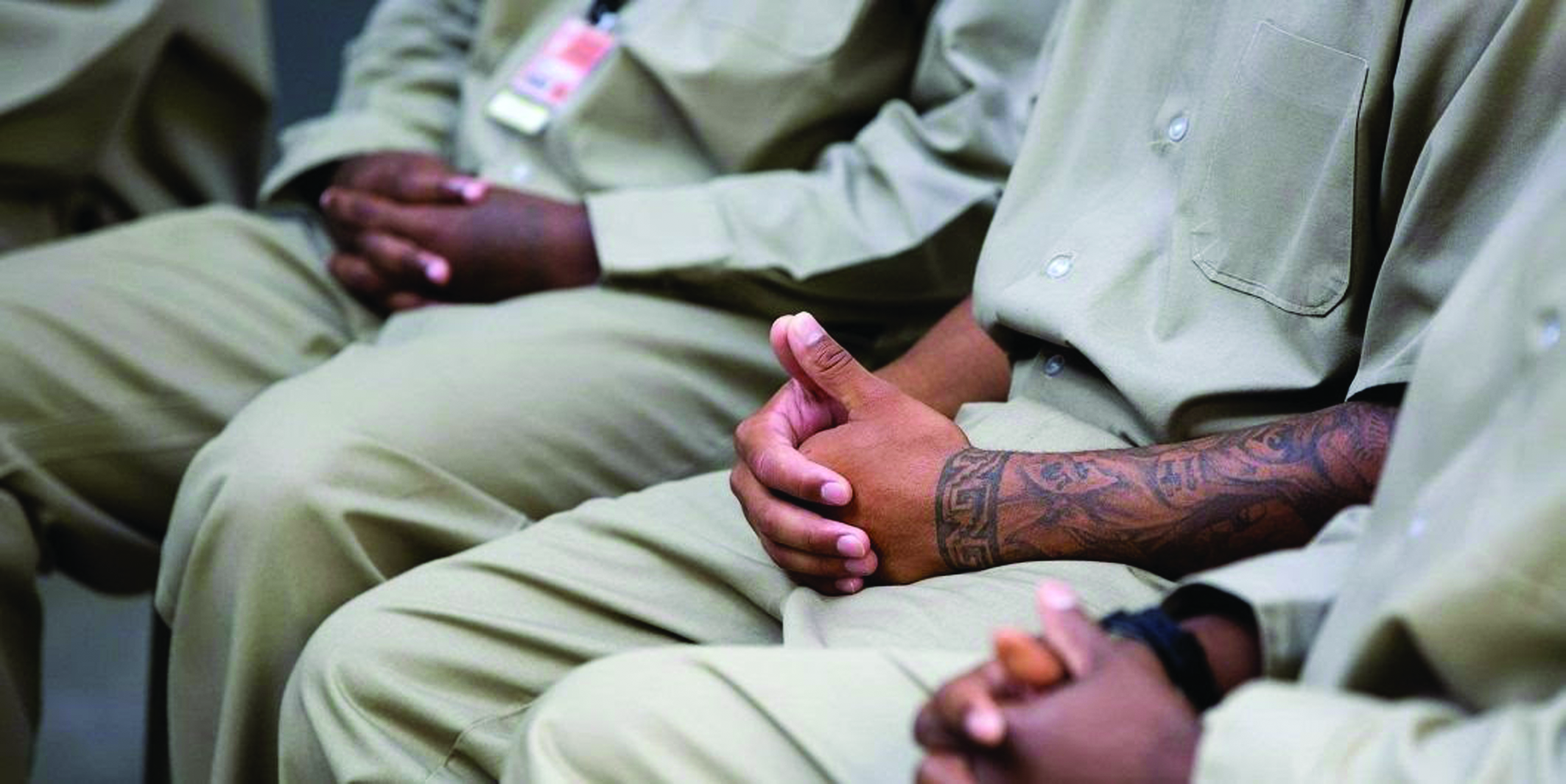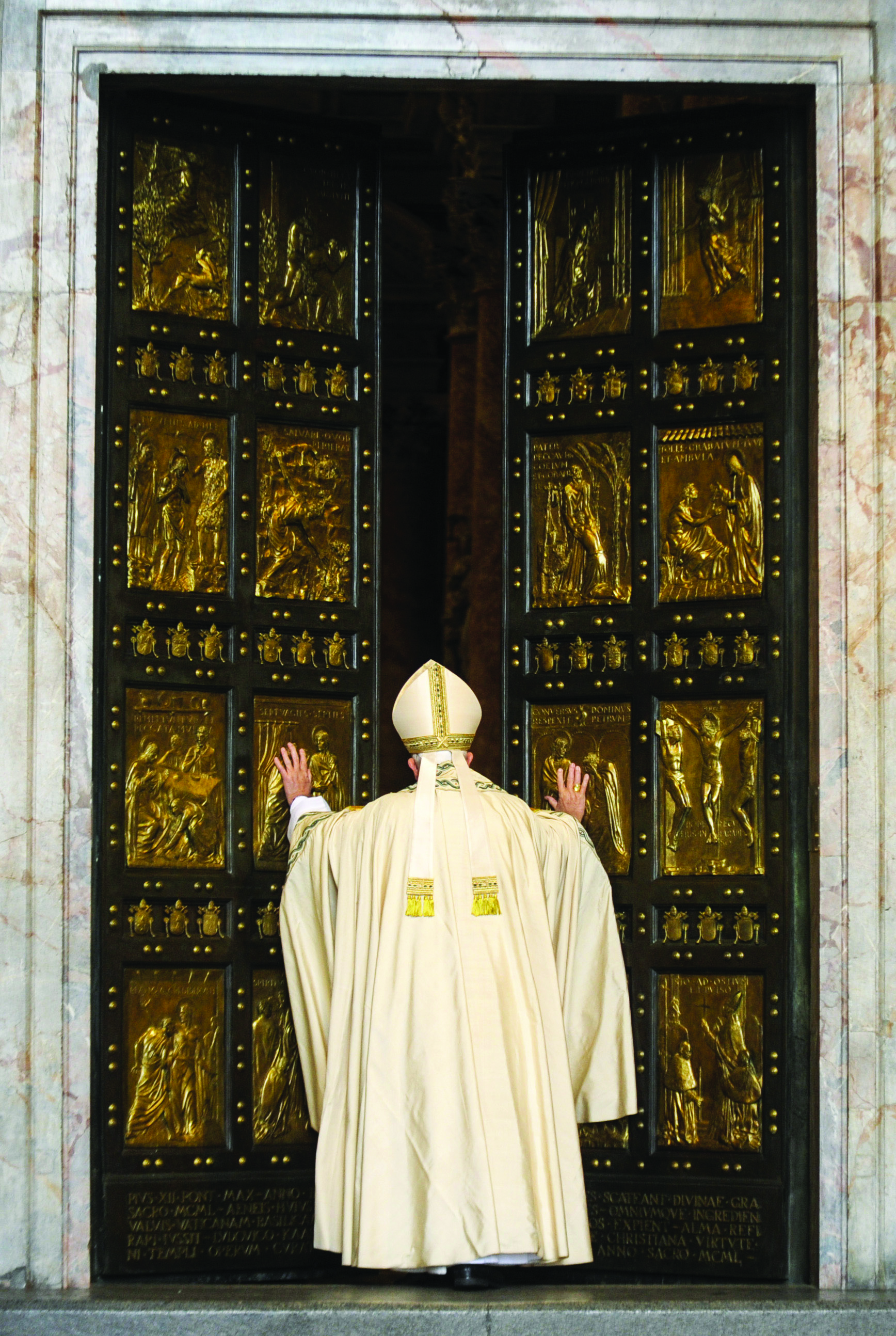By Peter Anderson

In attempting to reconcile the theological differences that separate Catholics from the Eastern Orthodox, there is no difference as important as the role of the Bishop of Rome. Orthodox readily admit that historically the Bishop of Rome was the first among equals with respect to honor. However, the critical question is whether the Bishop of Rome also has certain powers which are universal in nature. In other words, is there a form of universal primacy, and if so, what does that primacy entail?
Although it is well known that this issue divides Catholics and Orthodox, it is far less known that universal primacy is the issue that is creating the greatest tensions between the various “Local Orthodox Churches” today.
At the present time, there are 14 “Local Orthodox Churches” that are recognized by each other as being autocephalous. They are the Ecumenical Patriarchate (Constantinople), Alexandria, Antioch, Jerusalem, Moscow, Serbia, Romania, Bulgaria, Georgia, Cyprus, Greece, Poland, Albania, and the Czech Lands and Slovakia.
After the split with Rome in 1054, the Patriarch of Constantinople assumed the role of being the first in honor in the Orthodox world. However, the question that is now being debated among the 14 autocephalous Orthodox churches is whether the Ecumenical Patriarch also enjoys a form of universal primacy within the Orthodox world that involves certain powers over the other autocephalous Orthodox churches. The supporters of the Ecumenical Patriarch are arguing that he does have certain powers with respect to the Orthodox world in general and that his position is not simply one of honor. The Moscow Patriarchate, by far the largest of the Local Orthodox Churches, has responded to this claim with a resounding “no.”
These tensions between Constantinople and Moscow have had a serious injurious effect on the current international Catholic-Orthodox dialogue which is now focusing on the issues of universal primacy and the role of the Bishop of Rome. Not surprisingly, the Ecumenical Patriarchate has taken the position that a form of universal primacy does exist even though it does not go so far as to agree with the broad view of universal primacy held by the Catholic Church.
On the other hand, the Moscow Patriarchate has taken the position that there is no universal primacy at all, but only a primacy of honor. Moscow has even gone so far as to etch its position in stone by having its Holy Synod adopt a report stating this position. This leaves its delegates at the international Catholic-Orthodox dialogue with little or no flexibility to deviate from this position.
Because the Orthodox have agreed that their position in the dialogue must be determined by consensus, the Orthodox have not been able to state a common position on universal primacy, and therefore the Catholic-Orthodox dialogue has made almost no progress on this issue.
For decades, the Local Orthodox Churches have been planning to hold a pan-Orthodox Council. Although it will not be an Ecumenical Council, it will be the first pan-Orthodox Council since the split in 1054. From the Catholic side, there have been some hopes that this pan-Orthodox Council might make some decisions to resolve the current Constantinople-Moscow conflict and to determine a common Orthodox position on universal primacy. After all, the historical councils of the Church have been called to resolve major disputes that existed within the Church.
However, Constantinople and its allies and Moscow and its allies have had drastically different views as to how decisions by the pan-Orthodox Council would be made. Moscow took the position that all decisions by the Council, as well as all procedural matters, had to be decided before the holding of the Council by a 100% consensus of the 14 Local Orthodox Churches. Thus, any one Church, including Moscow, could in effect veto a proposed decision or procedure.
On the other hand, Constantinople opposed the requirement that the votes be unanimous. However, during the years that this procedural dispute continued, the Moscow Patriarchate increased its number of dioceses with the result that the number of its bishops (ordinaries) outnumbered the total for all of the other 13 Local Orthodox Churches combined. Faced with this and other realities, the Ecumenical Patriarchate agreed with the consensus rule, and this rule was adopted by a meeting of the primates of the Local Churches. The hope is that the pan-Orthodox Council will be held in Istanbul in the spring of 2016. Sadly, the unanimity rule means that the disagreement between Constantinople and Moscow on universal primacy will not be resolved and will continue to haunt the Catholic-Orthodox dialogue and the Orthodox world in general.








Facebook Comments